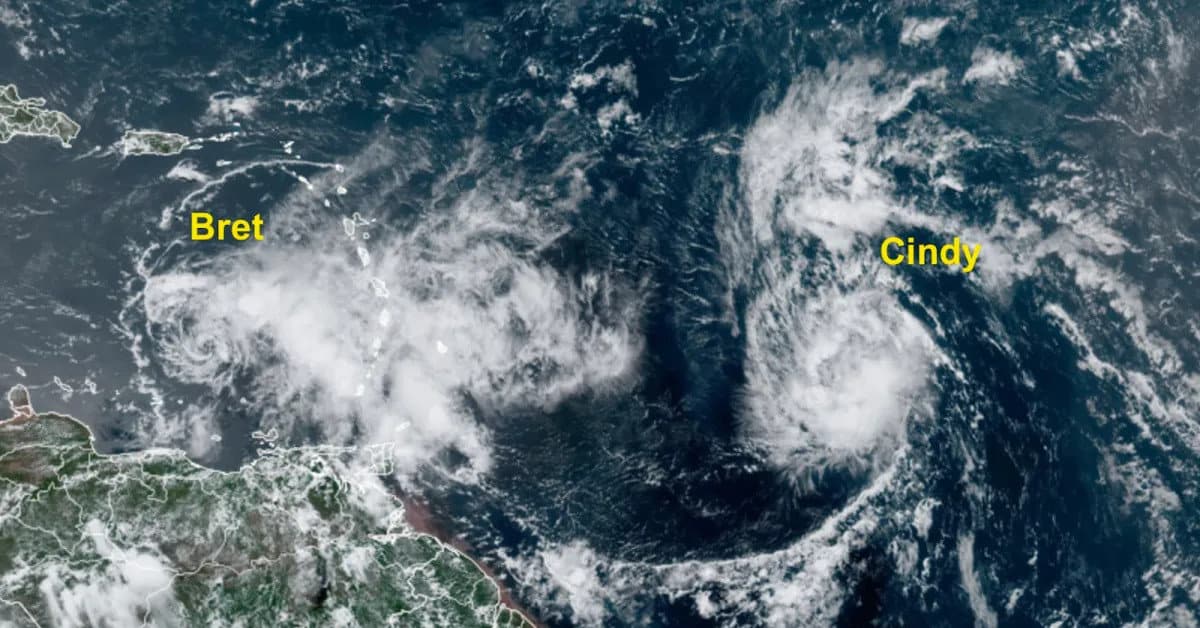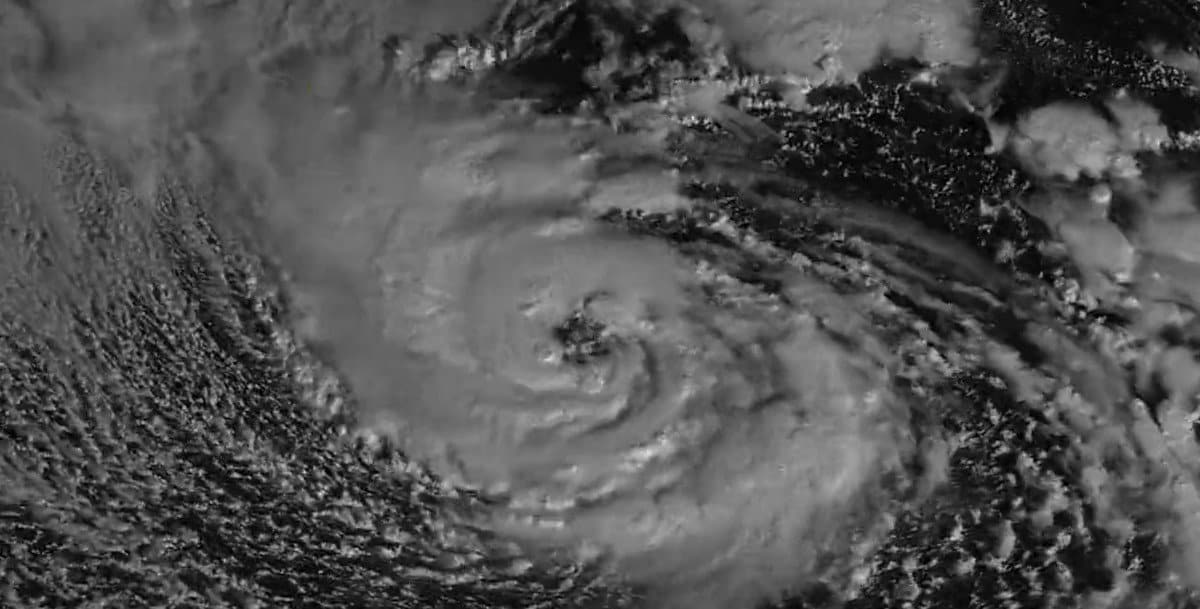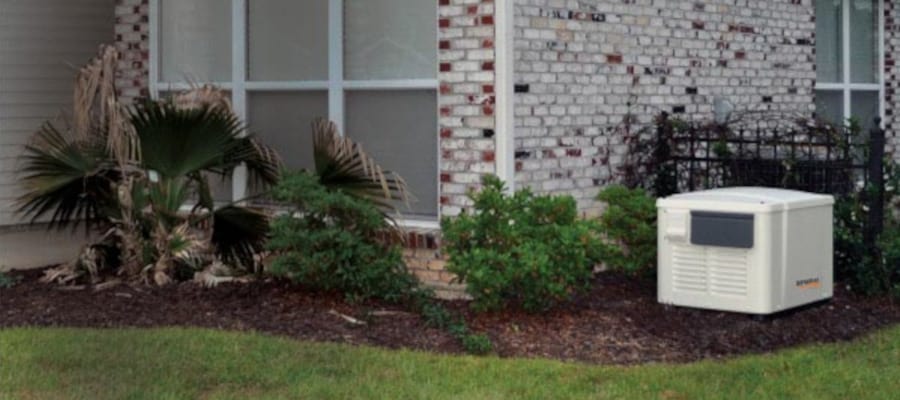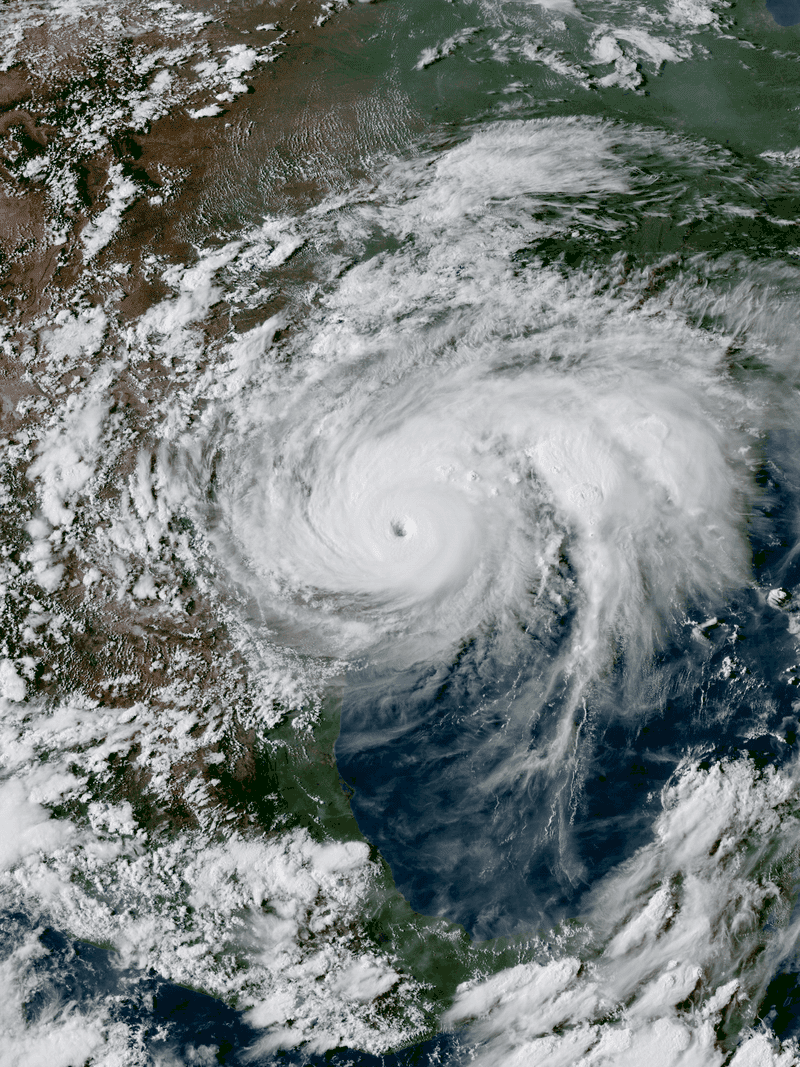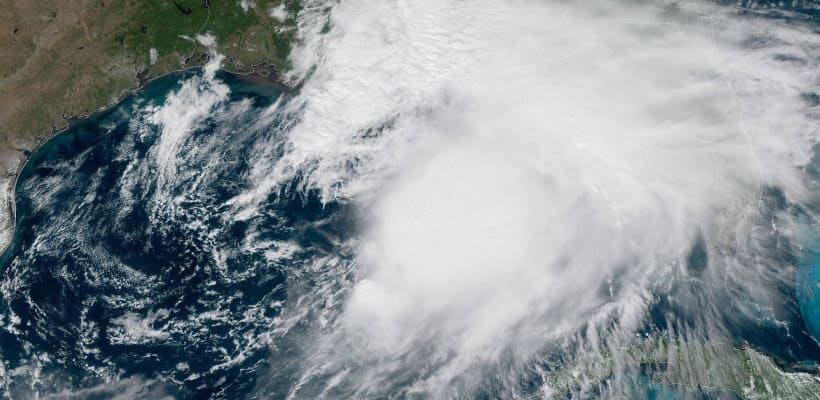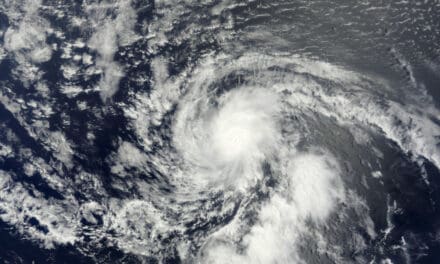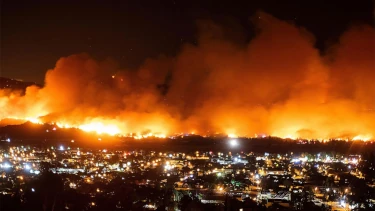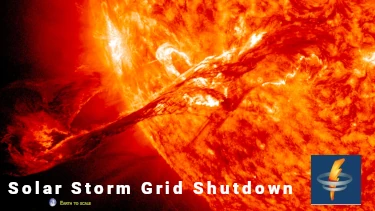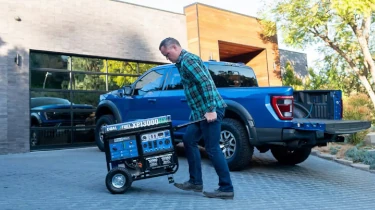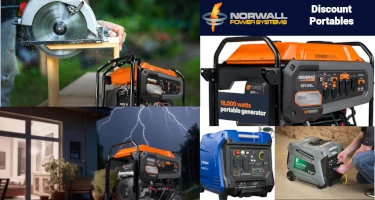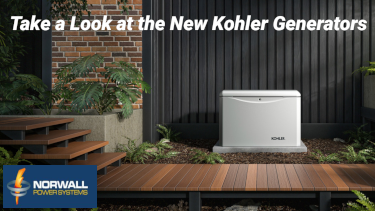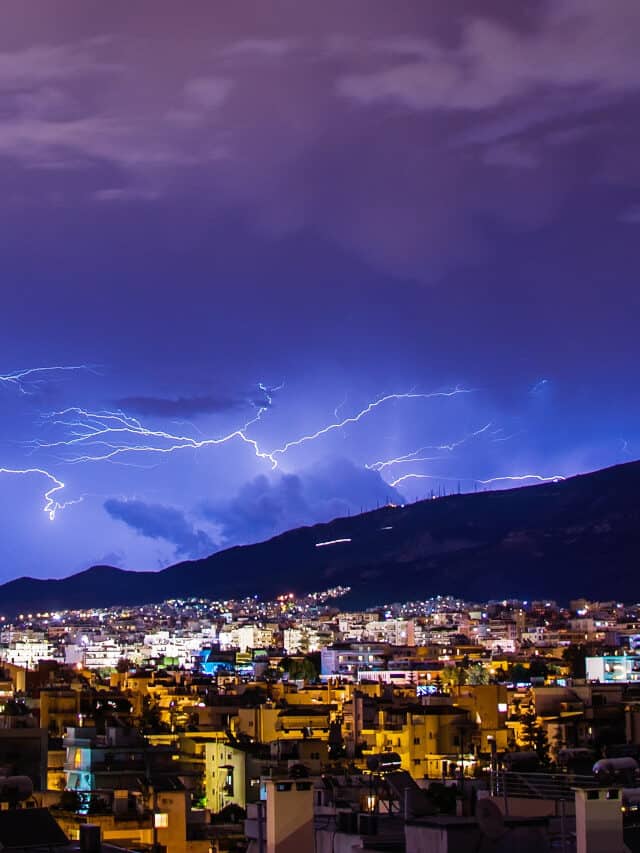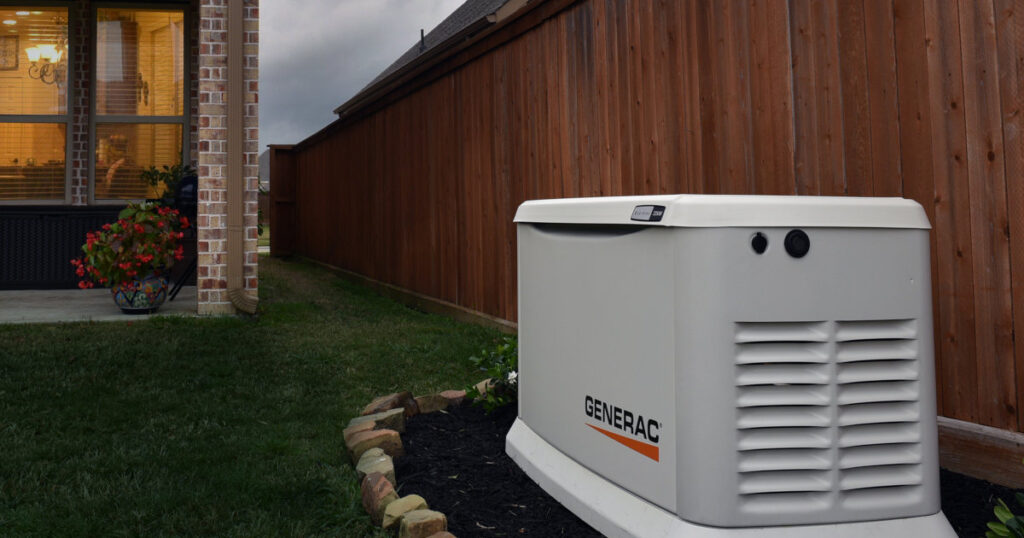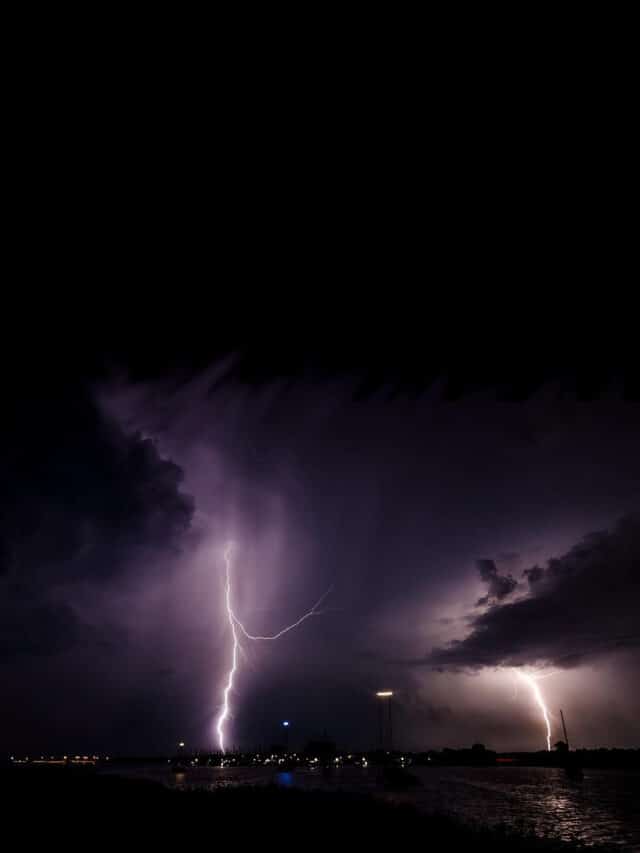Tropical Storm Bret and Tropical Storm Cindy both formed over the Atlantic Basin during the month of June—the first time that two named storms formed over the tropical Atlantic Ocean in June.
Bret Weakens & Dissipates—Cindy Heading North of Caribbean
For the first time on record, two tropical storms, Bret and Cindy, have formed in the Atlantic at the same time. Both storms formed over the tropical Atlantic. It is the first time on record that the tropical Atlantic produced more than one named storm in June.
2023 Atlantic Hurricane Season Predictions
Cindy reached peak strength on Friday with sustained winds of 65 MPH. As of the 4:00 PM Friday update, Cindy was expected to gradually weaken through the 96-hour forecast from a strong storm to a depression and should dissipate by the end of the 120-hour outlook.
Bret was initially forecast to become a hurricane in the Monday morning 11 am advisory. Twenty-four hours later, a less intense forecast with faster weakening was forecast. Bret should dissipate by Sunday, but for the moment continues to impact the Windward Islands with trailing bands of gusty winds and rain.
For the first time since 1968, the Atlantic has two named storms in June simultaneously. #Bret #Cindy pic.twitter.com/neOLj6AFmf
— Philip Klotzbach (@philklotzbach) June 23, 2023
All the way back in January, a low-pressure system formed off the northeast coast. In assessing the characteristics of that system, the NHC has determined that it was actually a sub-tropical storm with sufficient strength that they should have given it the first name of the year—Arlene. However, that name is now used for the June 1 storm.
Officially, that “unnamed” storm is the first named storm of 2023, according to Philip Klotzbach, meteorologist at the University of Colorado.
It would be easy to dismiss that unnamed storm except for one small fact. The 2023 Atlantic Hurricane Season Forecast calls for a near average season with 12-19 named storms. With the addition of the unnamed storm to the season’s total, we’re 20 to 25 percent of the way through all the storms of the season and just three weeks into the season.
Another anomaly is the eastern North Pacific. That season starts two weeks before the Atlantic Season. In most years, the Eastern Pacific has seen several storms by this time, but it’s been very quiet and no storms have formed.
What will happen as the season progresses is unknown. The NOAA forecast had a wide spread of 12-19 named storms. Back in 2020, we started with a season forecast of near average, much like this year. Instead, we had more than double the named storms than the early forecasts and predictions of a El Nino in the Equatorial Pacific failed to materialize.
Bottom Line, we could have an average season, or we could have another above average season with above average activity.
Remember: It only takes one storm to turn your season into an active season. Be Prepared.
Impressive convection within a low pressure system in the Northwest Atlantic Ocean. pic.twitter.com/Tg2w0zIish
— CIRA (@CIRA_CSU) January 16, 2023
Tropical Depression Two has been upgraded to Tropical Storm #Arlene in the Gulf of Mexico. No change to the forecast and no significant threat to land. See https://t.co/tW4KeGe9uJ for details. pic.twitter.com/VCKrb9BHwp
— National Hurricane Center (@NHC_Atlantic) June 2, 2023
Hurricane Preparedness
- Hurricane Hazards and Risk Factors
- Make a Hurricane Evacuation Plan
- Hurricane Preparedness Kits and Supplies
- Hurricane Insurance Checkup and Updates
- Prepare Your Home for Hurricanes
- Help Neighbors with Hurricane Preparedness
- Complete Your Hurricane Preparedness Plan
- Emergency Preparedness Tips
- How to Prepare for a Power Outage
- 10 Tips to Survive a Hurricane Disaster
- FEMA Recommends a Generator
- Hurricane Disaster Preparedness
Did You Know that FEMA Recommends an Emergency Power Plan for Every Family?
After power outages lasting days to weeks in the aftermath of Hurricane Irene in 2011, FEMA issued a public release stating that homeowners should consider a home backup generator for emergency power.
Generators work well for homeowners and home renters, but apartment dwellers need other options. Today, there are backup power options available for almost everyone, even if you live in an apartment.

